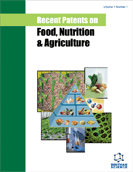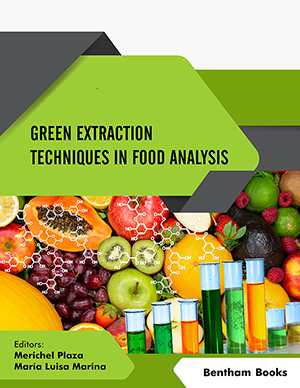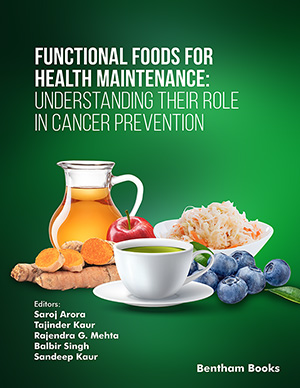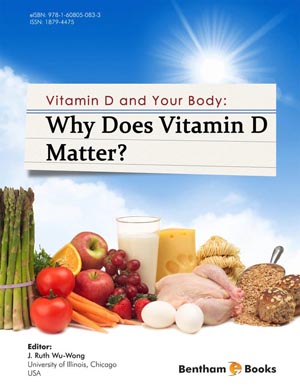Abstract
Vitamins include a wide range of biochemical compounds, very different from each other, whose presence is essential for the wellness and health of a human organism, given their importance in many enzymatic pathways of cell and tissue biology. However, the body cannot produce them. For that reason, their intake must be granted by a rich and highly differentiated diet which should include large amount of fresh vegetables and fruits, but also meats, wheat and natural vegetable oils from different seeds. During the years, every vitamin has been identified and produced synthetically, so allowing to treat pharmacologically the diseases related to their deficiency. The large amount of vitamin derivatives has led to development strategies of food fortification enriching common aliments and dairy products with specific vitamins but also to discover particular vitamin derived drugs, whose properties recall the original vitamin, allowing to increase their therapeutic effects or decrease the potential vitamin toxicity or their use through topical or mucosal routes even. Because of the antioxidant properties of some vitamins as vitamin C, for instance, some vitamins have been developed as food preservatives or food dyes. The increased attention and fashion for body wellness has brought to an augmented consumption of multivitamin, above all, in Western societies, believing that consumption of vitamin megadoses could be a protective factor from degenerative disease. On the contrary, vitamins may induce toxic effects as hypervitaminosis, but also, more rarely, hypersensitivity reaction.
Keywords: Allergy, Cosmetics, Fat-Soluble Vitamins, Food Excipients, Food Fortification, Hydrosoluble Vitamins, Hypersensitivity, Hypervitaminosis, Multivitamins, Vitamers, Vitamins, Vitamin Deficiency, Vitamin Toxicity.



















